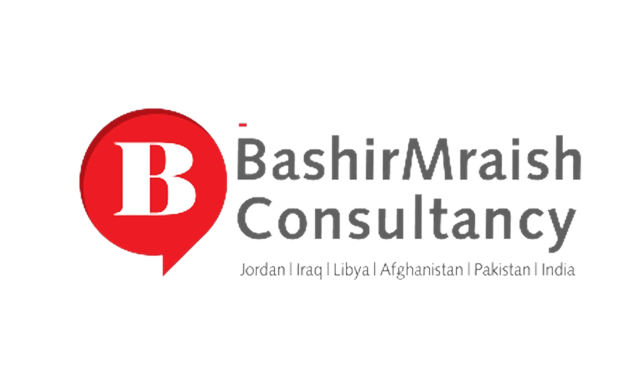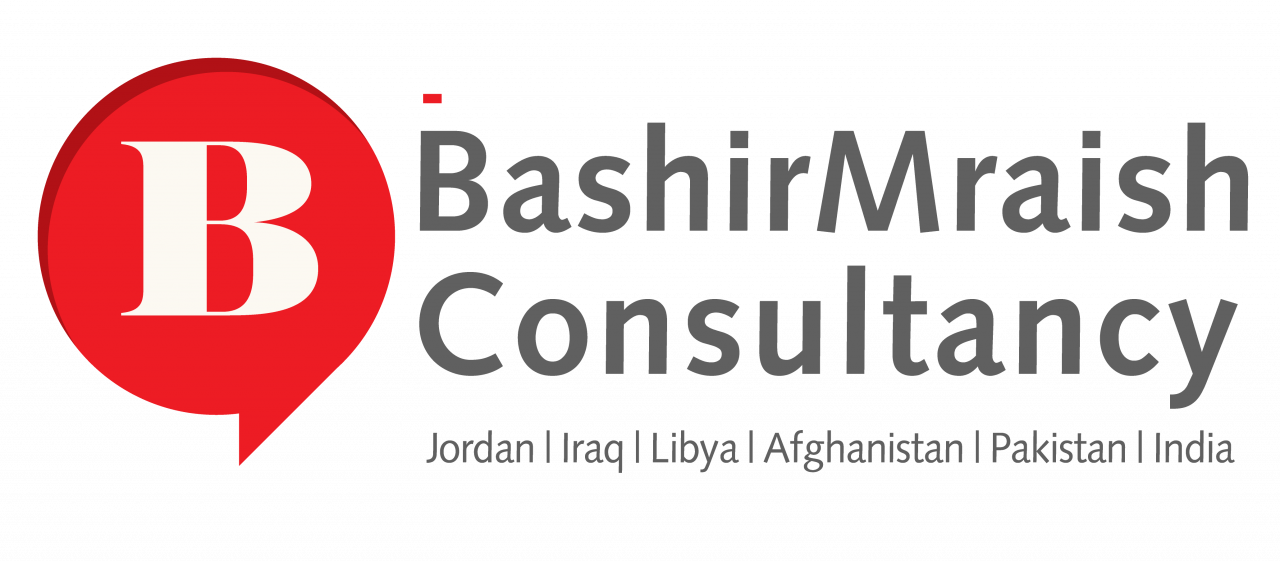In this era characterized by high competition and speed, building a strong corporate reputation and maintaining it is of utmost importance for organizations across various sectors. The overall perception of a company plays a crucial role in shaping how the public and other companies view it. Public relations strategies play a vital role in managing and positively enhancing this perception. In this article provided by Bashir Mraish Consulting and Public Relations, we will elucidate the role of public relations strategies in building and enhancing corporate reputation.
First and foremost, strategic communication management is one of the key objectives of public relations, including the organization’s communication with its target audience, media outlets and news agencies, employees, investors, and all those who have a relationship or interest in the organization. Public relations managers specialize in crafting and disseminating messages that align with the values and goals of the organization in a simplified manner that the public can comprehend. This is achieved through organizing press conferences, events, and utilizing various media channels. Additionally, maintaining open and transparent communication channels helps public relations in building trust and credibility for the organization, painting a positive image that represents the organization’s vision and values, which is a fundamental component of a strong corporate reputation.
Furthermore, public relations play an active role in shaping the brand identity of the organization, which is an essential element of its reputation. Public relations professionals collaborate with the marketing team to ensure harmony between the organization’s image and its brand, resonating with the target audience. This is achieved through the use of media relations, partnerships with influential social media figures, and other strategies related to creating a positive perception of the organization and setting it apart from competitors.
Moreover, employees of the public relations department monitor the reputation of the organization in the public domain. By utilizing various tools such as media monitoring and sentiment analysis, they detect and identify potential problems or crises before they escalate. In the event of issues or crises, public relations specialists execute strategic communication plans to mitigate damages that may affect the organization’s reputation, maintain stakeholder trust, and restore lost trust if necessary.
Effective public relations also involve fostering relationships with various stakeholders in the industry in which the organization operates, with a focus on maintaining these relationships for the long term. Engaging stakeholders through strategic communication enhances positive relationships, strengthens the corporate reputation, and cultivates loyalty and attachment to the brand, thereby amplifying the organization’s messages and vision.
It is worth mentioning that public relations play a vital role in managing corporate social responsibility (CSR) initiatives by creating awareness of the organization’s commitment to social and environmental issues, engaging in community activities, and supporting charitable events. These efforts contribute to building a positive reputation for the organization as a socially conscious entity.
In conclusion, building a strong corporate reputation and maintaining it is of paramount importance for long-term success and sustainability. Public relations professionals serve as strategic advisors, communication experts, and reputation custodians. Through communication management, brand identity building, reputation monitoring, stakeholder engagement, and promoting corporate social responsibility, public relations becomes the cornerstone of building and maintaining corporate reputation in the eyes of the industry and the general public.


